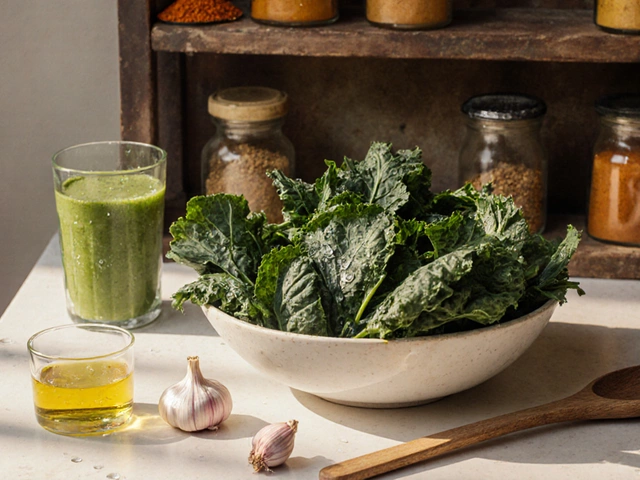Herbal Products: Benefits, Risks & How to Choose Safely in India
Herbal products are everywhere – from kitchen shelves to online stores. People trust them for everything from soothing a sore throat to boosting energy. But not every herb is harmless, especially when quality control is weak. At Toxic Medicine Insights we break down what you need to know before you buy.
Top Safe Herbal Supplements
First, look for brands that follow Good Manufacturing Practices (GMP) and have third‑party testing. In 2025 the best herbal supplement companies were those that listed exact ingredient amounts, source the plant material responsibly, and provide a certificate of analysis. Aloe vera juice, for example, is backed by several Indian studies showing it helps skin healing and digestion when the gel is pure and free of additives.
Another solid pick is turmeric extract standardized to 95% curcumin. When paired with black‑pepper oil, the absorption jumps dramatically, and reputable brands keep heavy‑metal levels below the safety limits set by the FDA India. These products give you the intended benefits without the hidden poison.
Common Toxic Concerns with Herbal Products
Problems start when manufacturers cut corners. Heavy metals like lead, arsenic, and cadmium can sneak into herbs grown in polluted soil. A 2023 survey of Indian Ayurvedic powders found 12% exceeded the permissible lead limit, which can cause kidney damage over time.
Adulteration is another headache. Some “herbal” capsules contain synthetic chemicals or undisclosed pharmaceuticals to boost effect. This can trigger serious drug interactions – imagine taking a herbal weight‑loss blend that secretly includes sibutramine while you’re on blood‑pressure meds.
Allergic reactions are also real. Even safe herbs can cause skin rashes or breathing issues in sensitive people. Start with a tiny dose, watch for any signs of trouble, and stop immediately if you feel uneasy.
When you shop, read the label closely. Look for the botanical name (e.g., Withania somnifera for ashwagandha) and avoid vague terms like “herbal blend” without details. Check for expiry dates – plant compounds lose potency and can become a breeding ground for microbes after a year.
Finally, talk to a healthcare professional who knows both modern medicine and Ayurveda. They can spot red flags and suggest a dosage that fits your health profile. Remember, natural doesn’t always mean safe, and a little research goes a long way.
By staying aware of quality markers, watching out for contamination, and choosing trusted brands, you can enjoy the benefits of herbal products without risking your health. Use the tips above as a quick checklist next time you’re in the market – your body will thank you.

Best Herbal Supplement Companies: Your Guide to Top Picks
Herbal supplements have become increasingly popular for enhancing health, but choosing the right brand can be overwhelming. This guide explores top companies known for quality herbal products. Learn about their unique offerings and what makes these brands trustworthy. Discover tips for selecting the best supplements for your needs.

What Is the Number One Healthiest Food in the World?
Oct, 30 2025

10 Signs of Cancer You Should Never Ignore
Dec, 16 2025

What Medications Can Online Doctors Prescribe?
Mar, 1 2025

